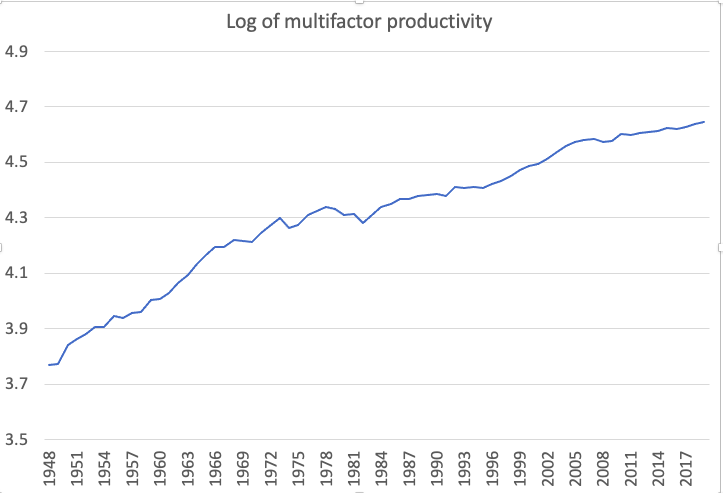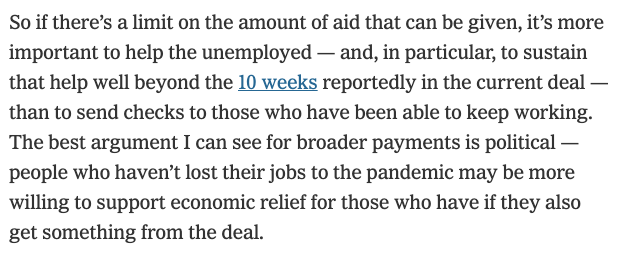
This was a good post, and the Pozen-
Scheppele paper it relies on is eye-opening (Kim was my office neighbor at Princeton, and posted about Hungary on my blog). But I think there's more to add 1/
Scheppele paper it relies on is eye-opening (Kim was my office neighbor at Princeton, and posted about Hungary on my blog). But I think there's more to add 1/
https://twitter.com/ThePlumLineGS/status/1344996843604897794
The P-S paper doesn't exactly explain why authoritarians like Trump and Bolsonaro have refused to deal with Covid; it suggests that they might have various reasons, and that their belief that they can deny reality empowers them to refuse action 2/ papers.ssrn.com/sol3/papers.cf…
This is clearly right. But I might somewhat speculatively add one specific reason why authoritarians don't want to deal with disasters: a punitive mindset. That is, people like Trump get satisfaction from hurting people, not helping them. 3/
So they can't wait to unleash violence on protestors, but hate the idea of fighting disease or poverty. My guess is that this is important. 4/
• • •
Missing some Tweet in this thread? You can try to
force a refresh





